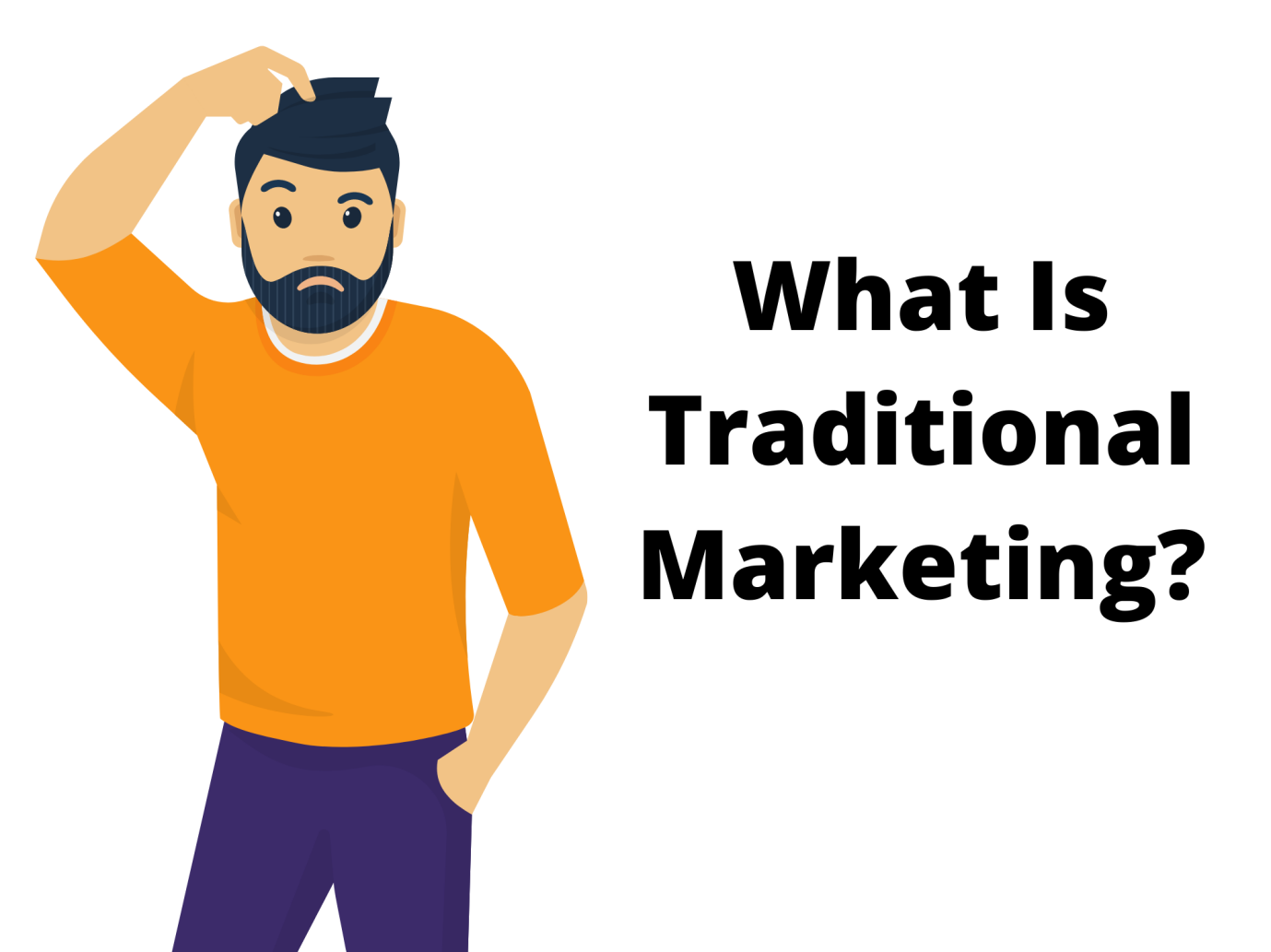There are numerous ways for businesses to grab the attention of their audiences, ranging from tried and tested traditional marketing techniques to unique and modern digital marketing strategies and SEM.
But which method is the most effective? Which one should companies concentrate on?
There are several factors to consider when comparing traditional marketing versus SEM and digital marketing. The following issues will be covered in this article to help you understand the differences between digital and traditional branding:
- What is the definition of traditional marketing?
- What is the definition of SEM and digital marketing?
- Traditional marketing’s advantages and disadvantages
- SEM and Digital marketing’s advantages and disadvantages
What is the definition of traditional marketing?
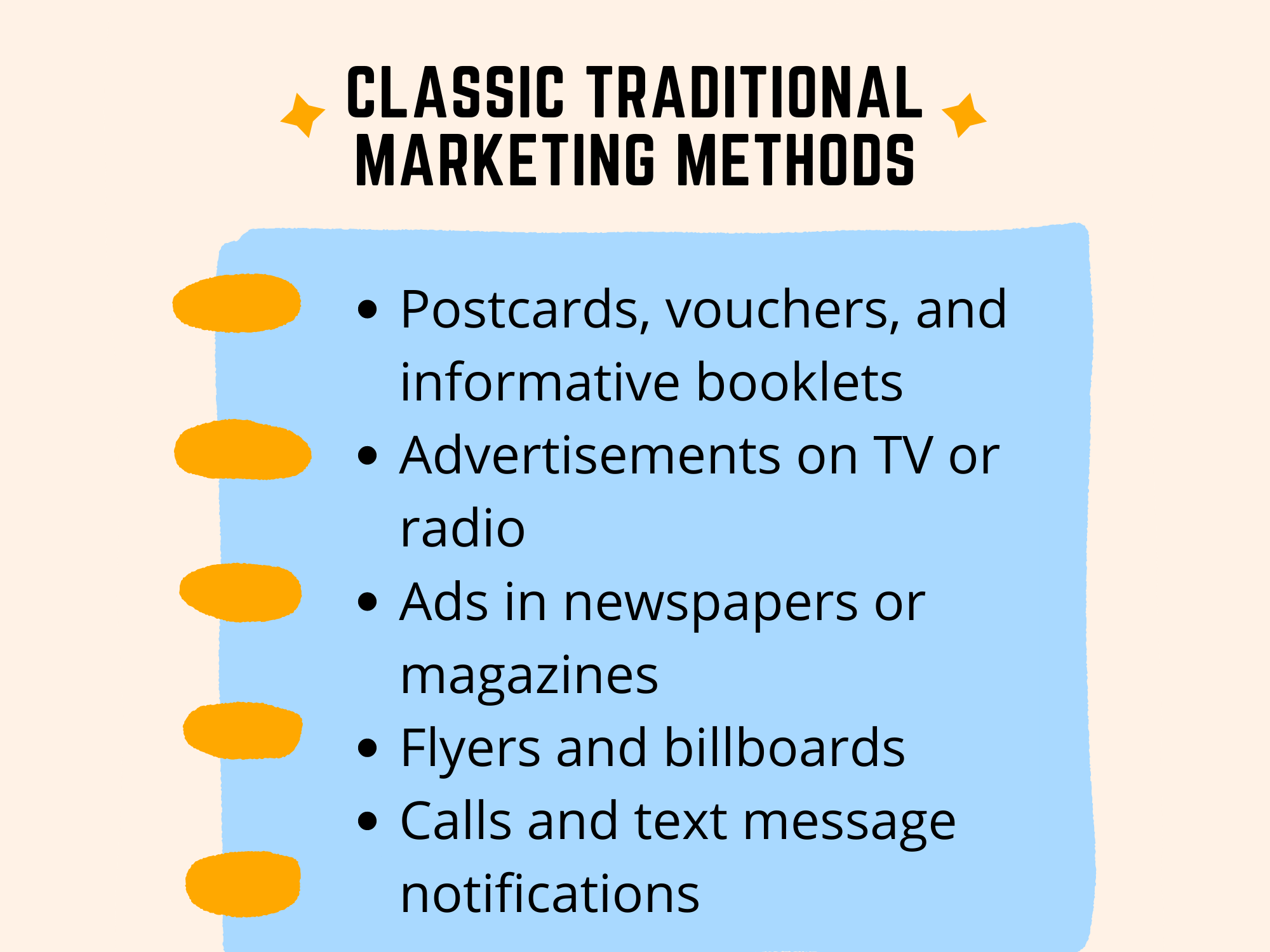
Traditional marketing refers to marketing techniques that do not require the use of the internet. These are approaches that have been around for centuries but are now less commonly employed in marketing approaches. They do, however, have some advantages.
Some of these advertisements can be seen and heard every day simply by listening to the radio on your way to and from work or gazing out the windows at billboards passing by. They’ve become a part of everyday life.
What is the definition of digital marketing?
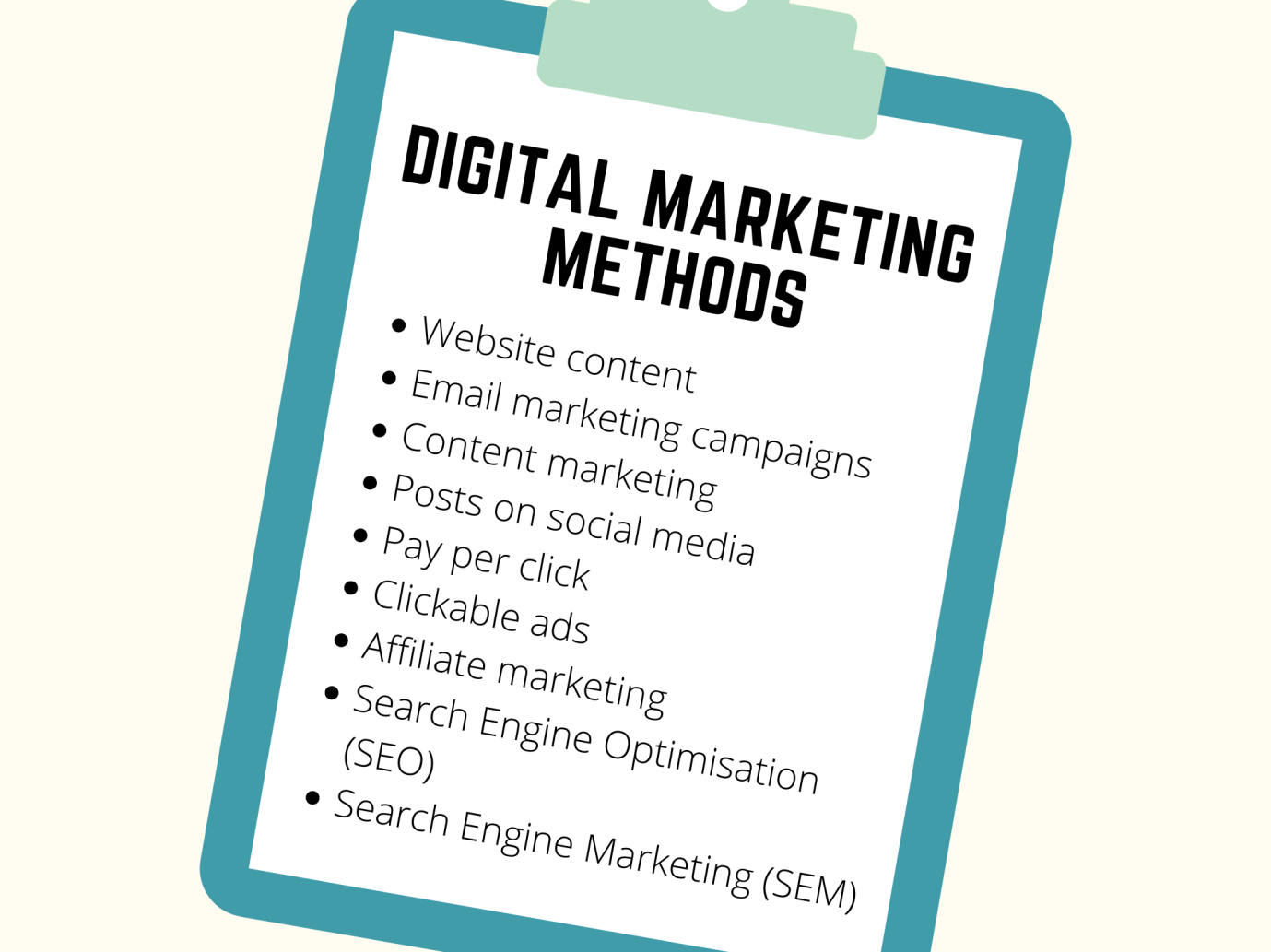
Digital marketing uses the internet and other types of digital communication to promote brands and interact with prospective clients. As a marketing channel, this comprises emails, social media platforms, and web-based advertisements and text and multimedia messages.
Because of innovations and current technologies, digital marketing techniques change frequently. These digital marketing techniques or methods include the following:
- Website content – This is the written, auditory, or visual content published on a website. The most crucial factor in driving traffic to a website is its content. The most critical aspect of a good website is creating captivating content and grouping it into numerous categories for simple browsing.
- Email marketing campaigns – This is a coordinated set of individual emails sent over a predetermined period with a single goal in mind. Downloading a white paper, signing up for a webinar, or purchasing are examples of specified intents or calls-to-action (CTAs).
- Content marketing – This is a strategic marketing technique that focuses on producing and delivering valuable, appropriate, and consistent content to attract and maintain a specific audience.
- Social media posts – The primary goal of social media is to develop a brand and boost its visibility. It can be used to establish connections with prospective clients.
- Pay per click – Advertisers pay a fee each time one of their ads is clicked under this digital marketing technique. It’s essentially a means of purchasing visitors to your website rather than trying to “earn” them organically.
- Clickable ads – These are flashing clickable areas on top of the e-paper adverts that allow the user to navigate straight to the advertiser’s website by clicking or tapping the ad.
- Affiliate marketing – This is a digital marketing technique in which a firm pays third-party publishers to drive traffic or create leads to their products and services.
- Search engine optimization (SEO) – It is the process of obtaining targeted traffic to a website through the organic ranks of a search engine. Generating high-quality content, optimizing material for specific keywords, and developing backlinks are all joint SEO efforts.
- Search engine marketing (SEM) – This is the set of tools, tactics, and approaches that aid in the optimization of website and web page visibility through search engines. Its purpose is to improve search engine positioning on Google and other comparable sites.
Because of users’ widespread use of the internet and mobile devices, these methods are increasingly popular nowadays. Many SEM vendors and digital marketing companies in Singapore pair up together to help businesses reach their marketing objectives.
Traditional Marketing’s Advantages and Disadvantages
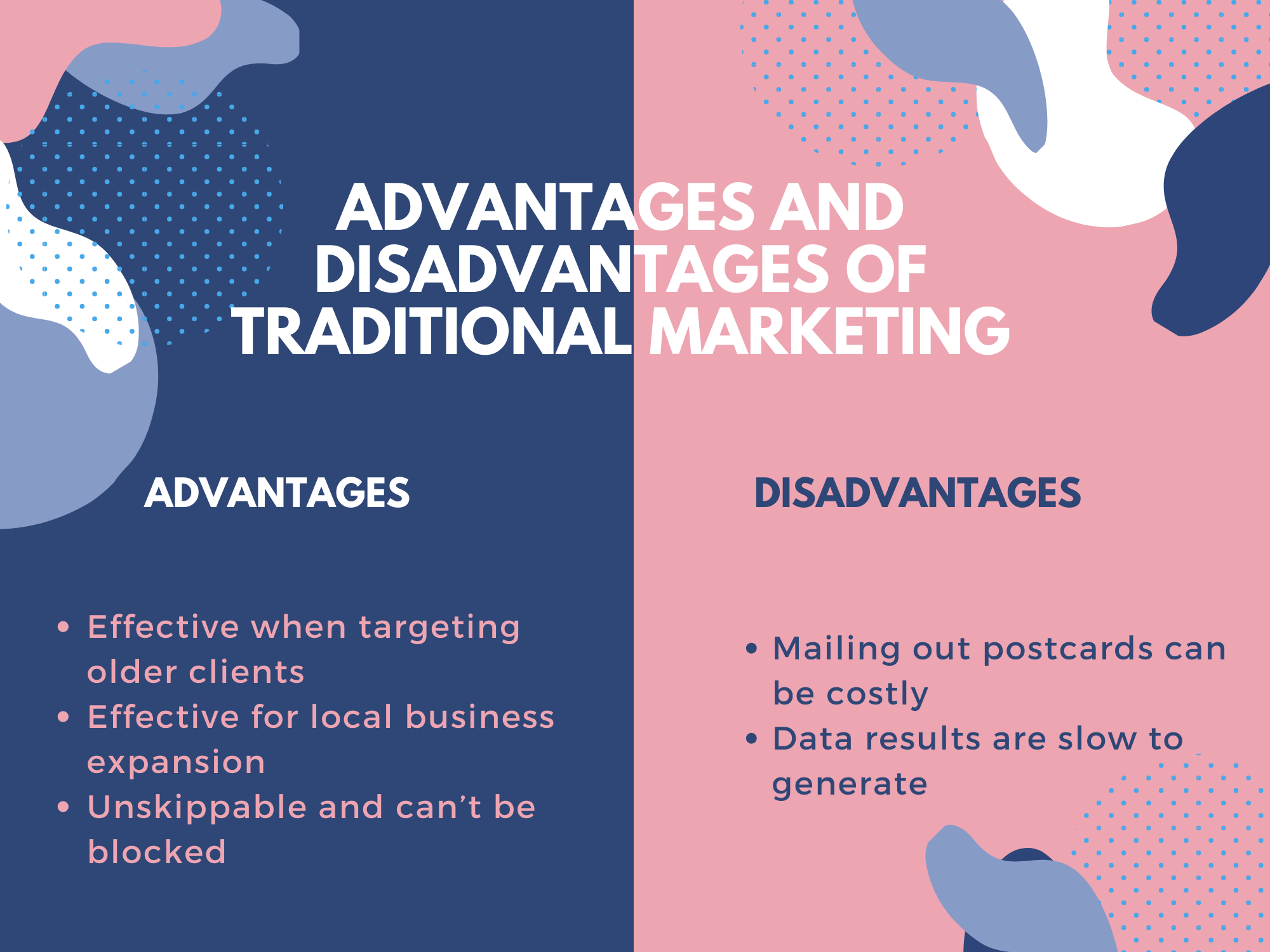
Some traditional marketing approaches are now old or irrelevant when compared to digital marketing. Many of these strategies, however, are still effective and thriving today.
Traditional marketing strategies may be the preferable option depending on the organisation and target market. Here are some advantages and disadvantages to consider when deciding whether conventional marketing is ideal for your company.
Advantages
- Traditional marketing can be pretty effective if you want to target an older clientele. Compared to those aged 21 to 34, audiences aged 50 and up spend nearly twice as many hours reading newspapers and watching television.
- This marketing strategy is most effective for businesses wanting to expand their customer base in a local region. Rather than fighting for digital space with larger firms, a small business would be better suited to competing for exposure through billboards, flyers, and events.
- Digital marketing materials enable the market to skip or block them. In contrast, TV or radio advertising will play several times and remind the market of the brand.
Disadvantages
- Producing postcards to mail out even to a specific community can be costly. There’s no assurance that the receiver would be enthusiastic about your company or interested in the product/service you provide.
- Data and results from traditional marketing approaches can take weeks or even months to come in and generate. You won’t know if someone reads your newspaper article or ad unless they contact you. Even then, you won’t know if the ad was the purpose for the follow-up unless you provide a questionnaire.
Digital Marketing’s Advantages and Disadvantages
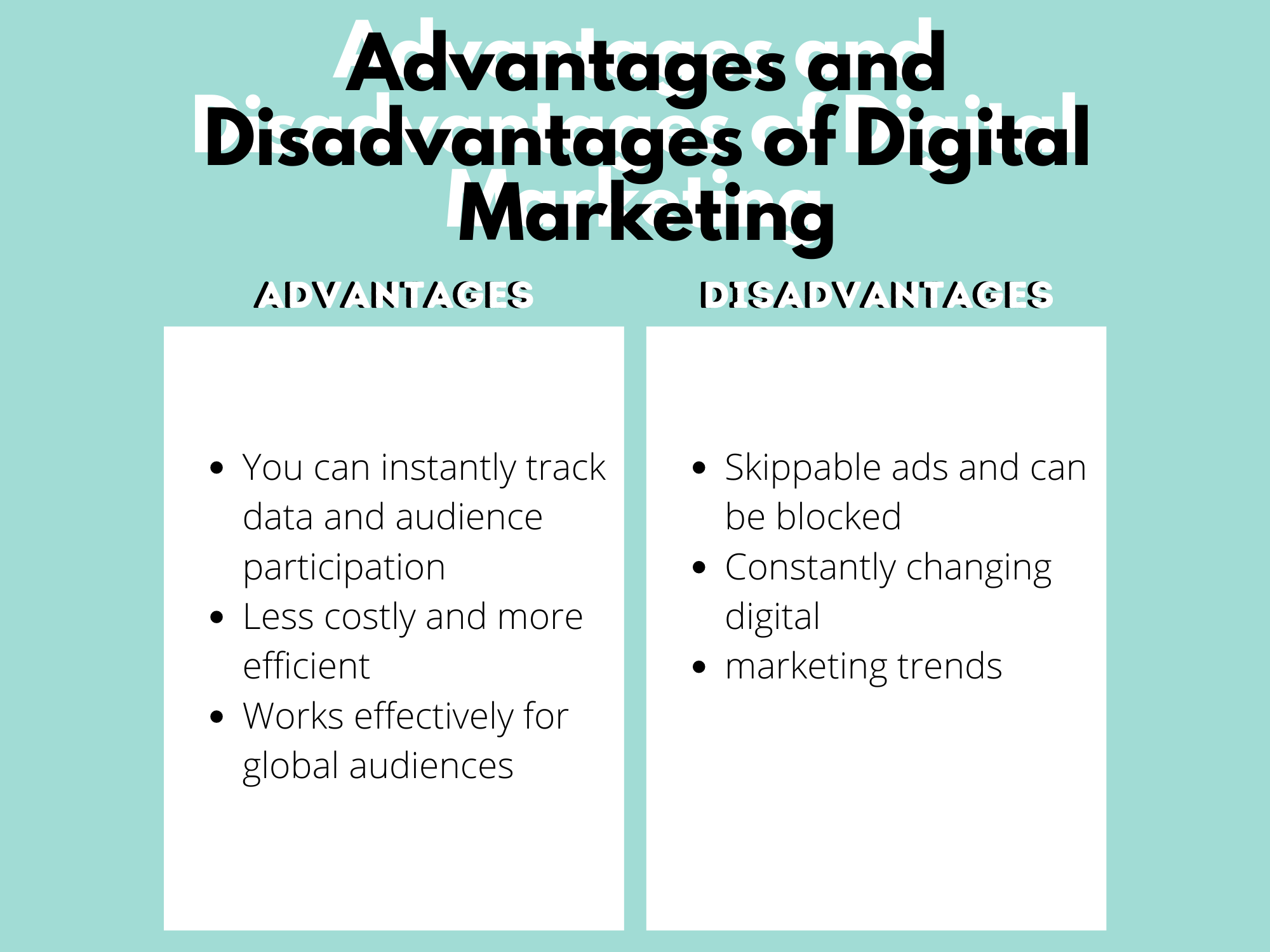
With new technologies and trends like voice recognition, search engines, and social media usage, digital marketing methods are constantly evolving. These contribute positively to the most up-to-date and cutting-edge tactics. Thus, SEM companies and digital marketing services are prevalent nowadays for businesses to seek help from their expertise. However, similar to traditional marketing, some sectors where digital marketing and SEM agency’s services excel, and others fail.
Advantages
- You can track information and audience participation in real-time. When someone clicks the link to your website, opens an email, or follows you on social media platforms, you have the data right away. Thus, when you hire a competent SEM agency in Singapore, this data may be used to determine which kind of material is most beneficial for a particular audience. It also lets you decide which channels are most efficient and even what time of day produces the most significant interaction with the audience.
- An SEM company in Singapore that provides digital marketing tactics is substantially less expensive. Compared to producing individual cards and spending for mail on each, sending an email campaign can save a lot of money.
- Because of the broad scope of digital marketing, it works effectively for increasingly global or dispersed audiences. SEM agency Singapore offers help to businesses that need their search engine marketing services.
Disadvantages
- Advertisement filters prevent certain internet users from seeing pop-ups or banner advertisements. They can also skip or remove ads, mainly if they use a premium service for their browsers.
- Because technological innovation and trends arise regularly, digital marketing approaches must be periodically assessed and reevaluated for efficacy. What was effective one day may be obsolete the next. This, however, can be countered by establishing a solid basis in digital marketing fundamentals. Thus, seeking the help of an SEM specialist who provides expert SEM services is fundamental to keep your marketing strategies up to date.
Which is the better option?
So, when it comes to traditional marketing versus digital marketing, which strategy comes out on top?
The quick answer: It is dependent on your goals and vision.
The long answer: For the most part, digital marketing is the most excellent alternative, especially when you opt to hire an SEM company. Go with digital marketing if you desire to target a specific group of individuals, wherever they may be, at a reasonable cost. You and your hired SEM agency in Singapore can collect essential data about your audience right away. These will allow you to design even more profitable products and effective marketing campaigns.
Traditional marketing, on the other hand, has a role. Conventional marketing strategies may be more efficient and stand out better than digital marketing techniques to target an elderly or local market. Although these procedures appear to be “ancient,” they have remained in use for a reason. They’re effective!
Consider your target market and where they acquire their data when deciding which marketing plan is ideal for your company. When picking between traditional and digital marketing, it’s important to remember that they serve various objectives, so one isn’t inherently better than the other. The bottom line is that you must have a thorough understanding of your organisation and your target audience to choose the best strategy for you.
Conclusion
Do you want to work in the enthralling field of digital marketing?
Traditional marketing has its role, but let’s be clear: SEM and digital marketing is the way of businesses in the future. Younger generations, such as Gen Z, have never known a world without new devices, and they are now entering the workforce, paving the way for an even more digital generation. To thrive in today’s world, every firm and brand needs a digital marketing plan. Thus hiring the SEM services of the right people will be of great help.
If you want to get into this exciting area, there are various search engine marketing and digital marketing companies in Singapore that offer programs available to teach you everything you need to know to succeed.
Partner with OOm Singapore now to achieve all your digital marketing goals in no time.
